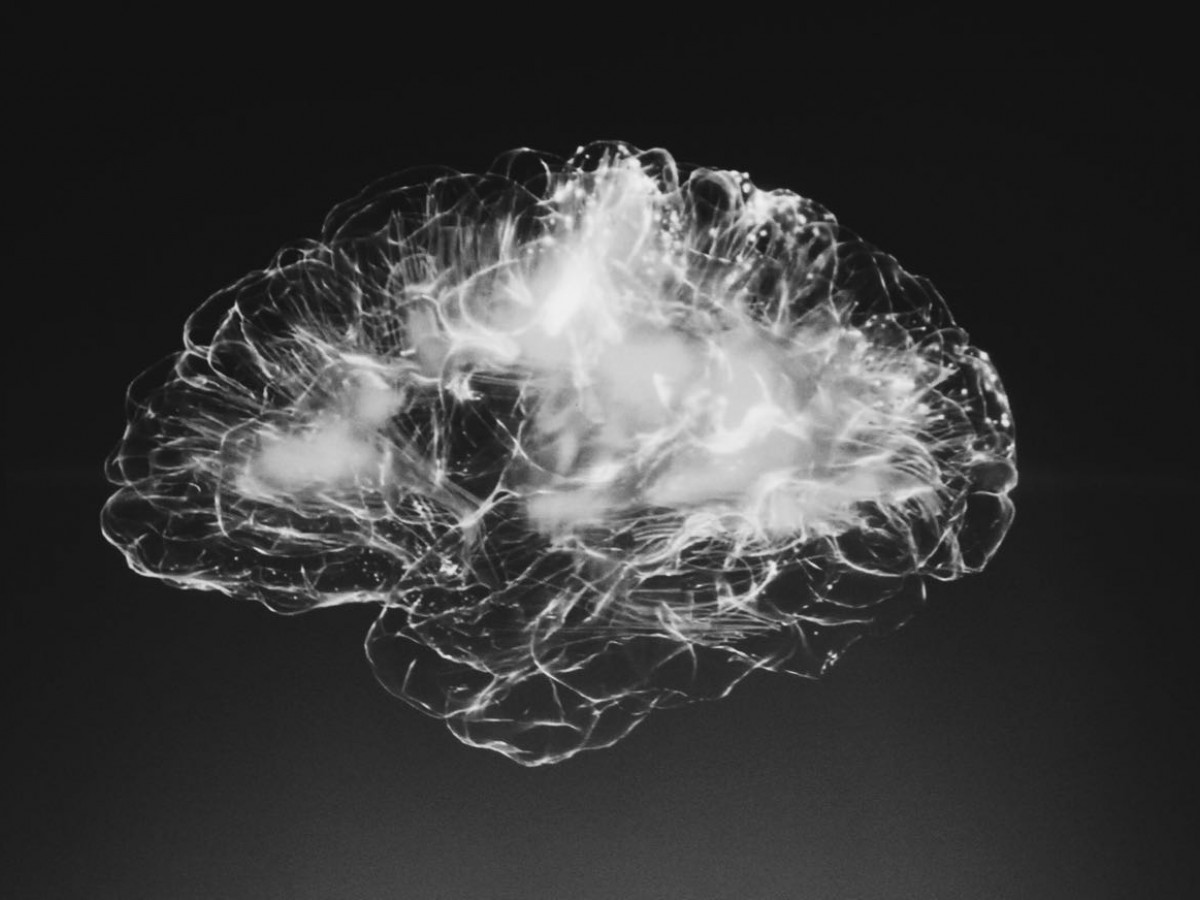Elevated homocysteine levels in the blood have been linked to cognitive decline and Alzheimer’s disease in multiple studies.
Hom-a-what? What the heck is homocysteine?
Homocysteine is a normal byproduct of metabolism that can build up to dangerous levels in your bloodstream when you don't have enough B-vitamins in your diet.
The most important B-vitamins for getting rid of excess homocysteine are riboflavin, B6, folate, and B12--the latter two are preferred in their active, methylated forms: 5-MTHF (methylfolate) and methylcobalamin, respectively.
Getting the preferred form of folate is especially important for people with common genetic variants like MTHFR C677T and 1298C.
These genetic variants can slow down the body's ability to methylate or activate folate by as much as 70%, which in turn slows down the body's ability to clear homocysteine from the blood.
Nearly half the population has one or both of these genetic variants.
That's a lot of people. That's a lot of homocysteine.
This means nearly every other person you meet on the street could have a sluggish methylation cycle and dangerously high levels of homocysteine, especially if they are eating the Standard American Diet (SAD) which is notoriously low in naturally active folate.
But wait, didn't we fix this problem by fortifying our processed foods with folic acid so that even the worst junk-food junkie could get by?
Yes and no. It depends on whether you are a lucky junkie or an unlucky junkie.
Because the synthetic folic acid found in processed foods is inactive. That means it requires methylation in your body to be of any use to your body. But if your methylation cycle is genetically sluggish, what exactly are you going to do with all that synthetic folic acid? I'll tell you: you are going to leave a lot of it unmetabolized.
Bottom line: nearly half the world needs to eat real food and/or supplement with pre-activated folate (methylfolate, 5-MTHF) in order to keep their methylation cycle working and their homocysteine levels sane.
Because here's the bitter truth:
Elevated levels of homocysteine are toxic to your blood vessels. That puts any organ in your body that needs a good blood supply in jeopardy. Take your eyes, for instance. High homocysteine levels are linked to macular degeneration, the number one cause of blindness in North America.
Or take your heart, for another instance. Vascular injury leads to heart attack.
Or your brain. All roads lead to stroke.
In fact, the consequences of elevated homocysteine in the brain go beyond mere vascular damage.
A 2002 study published in the New England Journal of Medicine reported that people with high blood levels of homocysteine had a greater risk of developing Alzheimer’s disease. Dementia developed in 111 study participants, of whom 83 were diagnosed with Alzheimer’s disease over an eight-year follow-up. In those with a plasma homocysteine level greater than 14 micromoles/liter (µmol/L), the risk of Alzheimer’s disease nearly doubled.
Investigators concluded, “An increased plasma homocysteine level is a strong, independent risk factor for the development of dementia and Alzheimer’s disease.”
Fortunately, we live in an age of direct-to-consumer labs so there is no reason for you not to know your homocysteine level right now and start doing something about it. Companies like YourLabwork and LifeExtension offer homocysteine checkups for a reasonable price.
More and more doctors are also checking homocysteine for their patients. However, it is typically only checked after a patient has developed vascular disease in the absence of other risk factors like smoking, high blood pressure, high cholesterol, and diabetes. That said, your doctor may be open to checking your homocysteine as a matter of personalized prevention, before things go south, if you ask.
Keep in mind that you don't want your homocysteine level to be "normal". You want it to be better than normal because normal lab values are based on population averages that change over time as populations get sicker. In other words, it's perfectly normal nowadays for most people to die of heart disease, cancer, diabetes, stroke, and Alzheimer's disease. That's average. You want to be better than average.
Most labs will say you want your homocysteine level to be below 10 or 12 µmol/L based on population norms.
But for optimal brain health, Dr. Dale Bredesen, author of The End of Alzheimer's, recommends that you shoot for a homocysteine level less than 7 µmol/L.
Don’t stress. Just take action. Homocysteine levels are generally easy to correct with proper nutrition like real food (liver, lentils, leafy greens, whole-kernel grains, pastured eggs, salmon) and, if necessary, supplemental B-vitamins in their active forms. The addition of supplemental TMG (trimethylglycine) can also be helpful which we’ll discuss in an upcoming post.
Be empowered. You got this.
...Your Friendly Guide to Human Flourishing
References:
- Weir, Donald G., and John M. Scott. "Brain function in the elderly: role of vitamin B12 and folate." British medical bulletin 55.3 (1999): 669-682.
- Bottiglieri, Teodoro, et al. "Plasma total homocysteine levels and the C677T mutation in the methylenetetrahydrofolate reductase (MTHFR) gene: a study in an Italian population with dementia." Mechanisms of aging and development 122.16 (2001): 2013-2023.
- Seshadri, Sudha, et al. "Plasma homocysteine as a risk factor for dementia and Alzheimer's disease." New England Journal of Medicine 346.7 (2002): 476-483.
- The End of Alzheimer's - The First Program to Prevent and Reverse Cognitive Decline by Dale E. Bredesen, MD, p. 120
